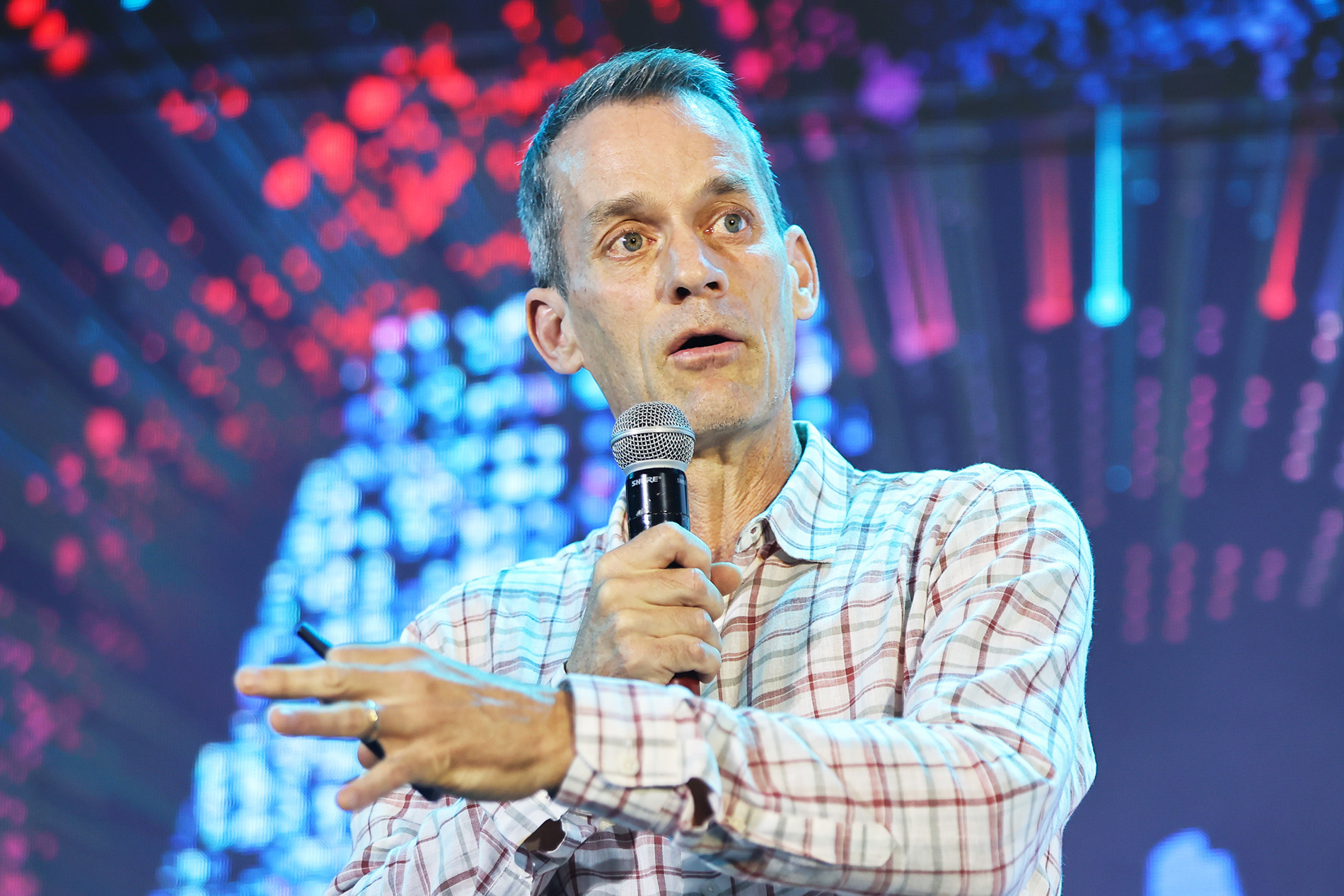
Jeff Dean, Google's Chief Scientist in Artificial Intelligence, emphasized Vietnam’s potential as a key player in the global AI landscape during his recent visit to Ho Chi Minh City. Dean’s insights were shared at the inaugural Generative AI Conference, titled “New Horizons,” where he discussed the significant opportunities and challenges facing Vietnam as it leverages AI to drive economic growth and address societal issues.
Dr. Jeff Dean, who currently leads Google’s AI research as Director of Science and is a co-founder of Google Brain, Google Translate, and Gemini, provided an in-depth look at the advancements Google has made in the field of AI. Under his guidance, Google DeepMind has achieved groundbreaking progress, particularly in generative AI, enhancing the ability of machines to process natural language and generate coherent, contextually appropriate content. These innovations have far-reaching applications, from automated customer service to real-time language translation.
During the conference, Dr. Dean presented an overview of Google's latest achievements in generative AI, with a particular focus on the Gemini 1.5 Pro model—a "super AI" designed to handle vast amounts of data and produce high-quality multimedia content. This model represents a significant leap forward in AI development, offering new perspectives on the future of AI and the role of developers in shaping it.
A standout feature of the Gemini 1.5 Pro model is its ability to process diverse types of information, including text, images, audio, and video. Dr. Dean highlighted the model’s capacity to translate Kalamang, a language spoken by just 130 people in Indonesia, with near-native accuracy despite its limited online presence. This capability underscores the potential of generative AI to preserve and revitalize rare languages, making it an invaluable tool for cultural preservation and academic research.
Dr. Dean also discussed AI’s role in other critical areas, such as predicting wildfire risks, monitoring livestock health, and supporting cancer diagnosis. He cautioned, however, that as AI’s benefits expand, so too must the measures to ensure its safety and reliability. He stressed that AI developers bear a significant responsibility to build systems grounded in strong ethical principles.
Dean outlined the seven ethical principles Google adheres to in its AI research, including fairness, safety, and social responsibility. He emphasized that as AI revolutionizes fields like healthcare, education, and social management, the stakes are incredibly high—demanding precision and care in its development and application.
AI, Dean noted, is not merely a technological advancement but a powerful tool that, when developed responsibly, can bring immense benefits and open up unprecedented opportunities for humanity. He particularly underscored the importance of combining AI with human intelligence to maximize its potential.
"These clear benefits are why Google invests heavily in AI research and development while ensuring our technology is accessible through tools and open-source platforms," Dr. Dean said.
To harness AI’s full potential, Dr. Dean advocated for increased investment in education and the creation of opportunities for young talent to engage with this technology. He pointed out that this responsibility extends beyond tech companies and must be a collective societal effort.
"The potential of AI to transform the world is immense. Vietnam, with its strong education system, is well-positioned to nurture the next generation of AI talent," Dr. Dean concluded.
Trong Dat